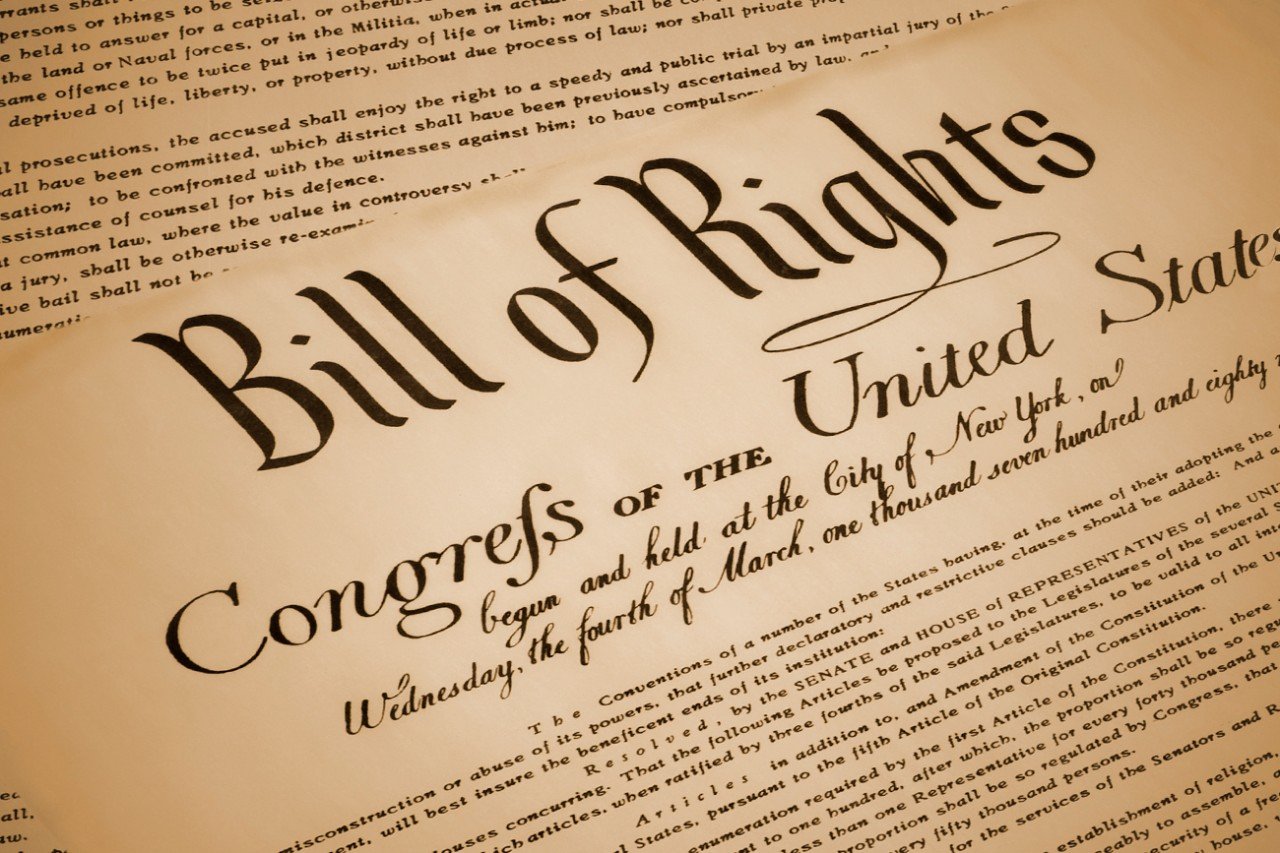By Mya Blanchard-Nashua Ink Link
A popular saying, “power to the people,” is in tune with the United States’ democratic system of government, which, as Abraham Lincoln described in the Gettysburg Address, is a “government of the people, by the people, for the people.”
More specifically, America operates under a representative democracy, in which the power of the people is exercised through their elected representatives, who make the decisions. This is in contrast with a direct democracy, in which power is exercised directly by the people who vote against or in favor of decisions.
As another popular saying goes, “with great power comes great responsibility,” and as crucial cogs in the democratic machine, it is the responsibility of the people to be civically engaged.
Rights
The Bill of Rights is the first 10 amendments to the Constitution, outlining the inalienable rights of U.S. citizens.
As explained on the National Archives website:
• The First Amendment provides several rights protections: to express ideas through speech and the press, to assemble or gather with a group to protest or for other reasons, and to ask the government to fix problems. It also protects the right to religious beliefs and practices. It prevents the government from creating or favoring a religion.
• The Second Amendment protects the right to keep and bear arms.
• The Third Amendment prevents the government from forcing homeowners to allow soldiers to use their homes. Before the Revolutionary War, laws gave British soldiers the right to take over private homes.
• The Fourth Amendment bars the government from unreasonable search and seizure of individuals or their private property.
• The Fifth Amendment provides several protections for people accused of crimes. It states that serious criminal charges must be started by a grand jury. A person cannot be tried twice for the same offense (double jeopardy) or have property taken away without just compensation. People have the right against self-incrimination and cannot be imprisoned without due process of law (fair procedures and trials).
• The Sixth Amendment provides additional protections to people accused of crimes, such as the right to a speedy and public trial, trial by an impartial jury in criminal cases, and to be informed of criminal charges. Witnesses must face the accused, and the accused is allowed his or her own witnesses and to be represented by a lawyer.
• The Seventh Amendment extends the right to a jury trial in federal civil cases.
• The Eighth Amendment bars excessive bail and fines and cruel and unusual punishment.
• The Ninth Amendment states that listing specific rights in the Constitution does not mean that people do not have other rights that have not been spelled out.
• The Tenth Amendment says that the federal government has only those powers delegated in the Constitution. If it isn’t listed, it belongs to the states or to the people.
Responsibilities
As cited on the Center for American Civics website, a republic such as the one we have in the United States “only endures because citizens appreciate both the rights and the responsibilities necessary to its survival, recognizing liberties and duties.”
Under the U.S. system of representative democracy, it is the duty of citizens to be civically engaged. One way to do this is through voting. (Others include paying taxes and serving on juries.)
In the upcoming general election on Tuesday, Nov. 5, citizens will vote for candidates for president, as well as for elected offices closer to home, such as governor, representatives in the U.S. House and Senate, state senator, state representatives and a variety of county offices, such as commissioner and sheriff. Before you vote, you can be more civically engaged by educating yourself on the candidates running for the various offices.
Sample ballots and voter information — such as polling location, voter status and party registration, among others — can be found on the voter information page on the New Hampshire Secretary of State’s website.
While voting is an important way to engage civically, there are other ways to be active in your community.
They include volunteering or doing community service at your local shelter or soup kitchen, being informed on what is going on in your community, using your voice to speak up and advocate for what’s important to you at local city or town meetings, or contacting city officials or your representatives on issues that concern you.
These articles are being shared by partners in the Granite State News Collaborative and the Know Your Vote youth voter guide. The Know Your Vote youth voter guide project was designed, reported and produced by student and young professional journalists from The Clock, Concord Monitor, The Equinox, Granite State News Collaborative, Keene State College, Laconia Daily Sun, Monadnock Ledger-Transcript, Nashua Ink Link, and The Presidency and the Press program at Franklin Pierce University. You can see the full guide at www.collaborativenh.org/know-your-vote.
